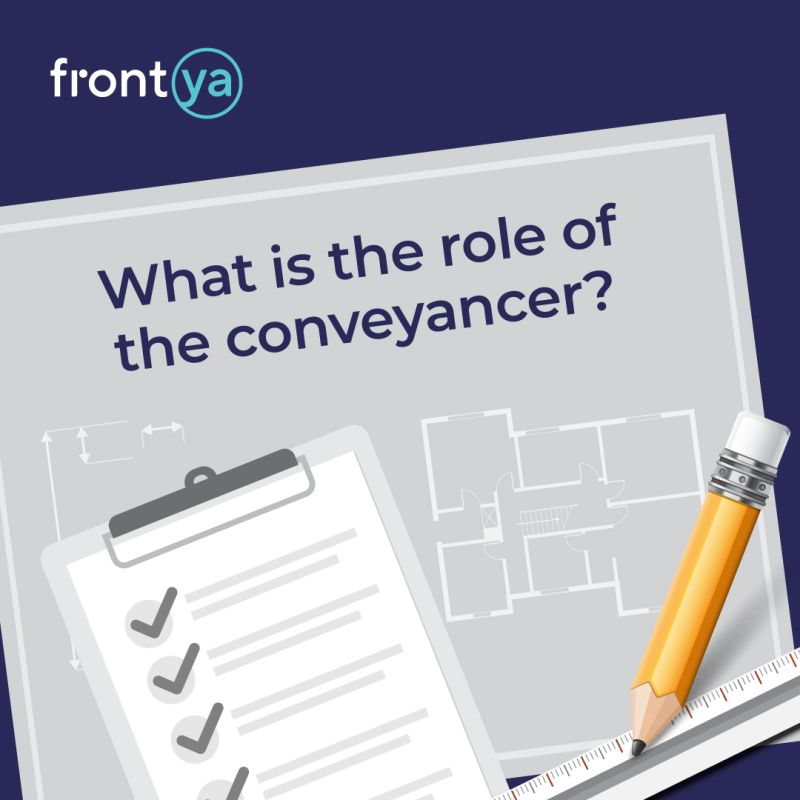The 6-Minute Rule for Conveyancer
Table of ContentsConveyancer Fundamentals ExplainedAll About ConveyancerSome Ideas on Conveyancer You Should KnowConveyancer - An Overview
The costs are imposed in accordance with the Legislation Society's tariff guidelines. A Conveyancer needs to: In all times safeguard the interest of his/her customers and according to the authorized Sale Agreement; Keep all celebrations informed of the progress on their transaction and notify both celebrations of the conveyancing treatment and procedures; Suggest the parties on the conditions of the Sale Arrangement, especially relating to suspensive conditions and responsibilities; Suggest the seller on the cancellation of his bond, any type of fines, notification durations and various other management costs which might affect the negotiation number; Obtain the vendor's composed directions before he/she, as the Conveyancer, concerns any guarantees in regard of the purchase; Do every little thing in his/her power to sign up the transaction on or as close as feasible to the day concurred to in the Sale Agreement; Encourage both events on their obligations in regards to their Sale Contract, so as to make sure that the transfer is not delayed unnecessarily; Satisfy with both events to sign the suitable documents associating with the purchase Prepare the deeds for lodgement with miraculous treatment, so regarding guarantee that they reduce the threat of a being rejected of the documents by the relevant Actions Windows registry; Inform both parties of the transfer on the day of registration; Account to both events for financial resources associating with the deal within 2/ 3 days adhering to successful registration of the transaction in the relevant Deeds Computer registry.It becomes part of your conveyancer's task to coordinate a settlement time with the opposite side's legal agent, during which time the residential property is officially negotiated and all documentation and cheques are turned over. Upon negotiation, your conveyancer will reach you and/or your property representative to verify negotiation and permit secrets to be handed over.
No one intends to experience a stressful or frustrating situation when you should just be thrilled for your next action. This is where conveyancing can help the procedure to move along successfully. The duty of a residential property conveyancer is to manage this lawful process of transferring the possession and title of a residential or commercial property from the seller to the customer.
Yet legal representatives frequently have a range of locations they have expertise in, with conveyancing probably being an area they don't practice in commonly. The advantage of using a residential or commercial property conveyancer is that residential property deals are what they lug out regularly. They understand the process throughout and are extremely knowledgeable about it, ensuring all pertinent paperwork is provided and the procedure is exact and prompt.
Conveyancer Fundamentals Explained

Nevertheless, next page choosing an option for no other reason than it's cheaper can cause more issues in the long-term with an inaccurate or ineffective service. Search for a set price service so you recognize specifically what the procedure will certainly cost you and whether it suits your organized budget. Suggestions from good friends or household, or checking out on the internet testimonials can additionally serve in locating a seasoned and effective conveyancer.

Conveyancing solicitors and accredited conveyancers both oversee the conveyancing process. A home solicitor will typically often tend to have experience in other legal locations as well.

Some Ideas on Conveyancer You Should Know
They communicate with numerous events, consisting of the estate agent, seller's conveyancer, and neighborhood authorities. Working with an expert can save both time and possible lawful issues. It's viable to take on conveyancing job separately, many pick the security of specialist guidance. The conveyancing procedure begins once a deal on a building is accepted.
Property searches serve a function in the conveyancing procedure. The customer's lawyer organises these checks to disclose possible issues with the home.
Regional authorities can offer understanding into close-by future growths that could influence the home's value. Home loan lending institutions frequently need particular searches before launching a home mortgage deal. While some searches could appear optional, omitting them can cause unexpected issues. A property's title deeds represent a historic document of its ownership.
Some Known Details About Conveyancer
When a deal is approved, the seller's solicitor prepares a draft agreement. This contract pack includes vital documents like the home information kind, useful site the leasehold details type, and the installations and contents create. The purchaser's conveyancer examines these to make sure all the paperwork follows expectations. At this phase, home regulation considerations emerge, from common gain access to civil liberties to what fixtures feature the residential or commercial property.
On the other hand, if the seller withdraws, they face charges. Both celebrations settle on a conclusion day adhering to the exchange - Conveyancer. On this particular day, the customer pays the continuing to be balance, and the seller moves the home secrets. There's often a gap between exchange and completion for customers to finalise details or make arrangements.